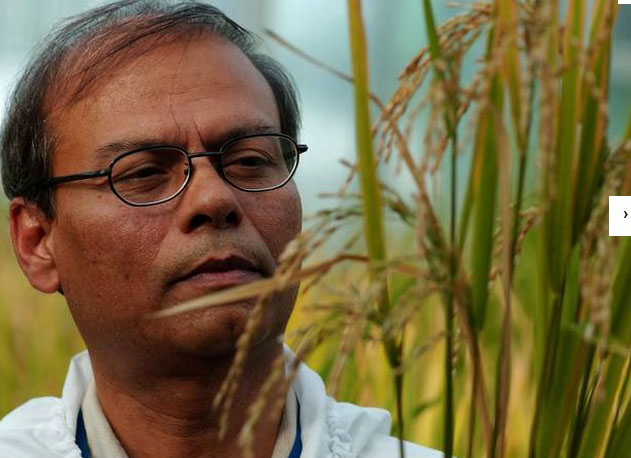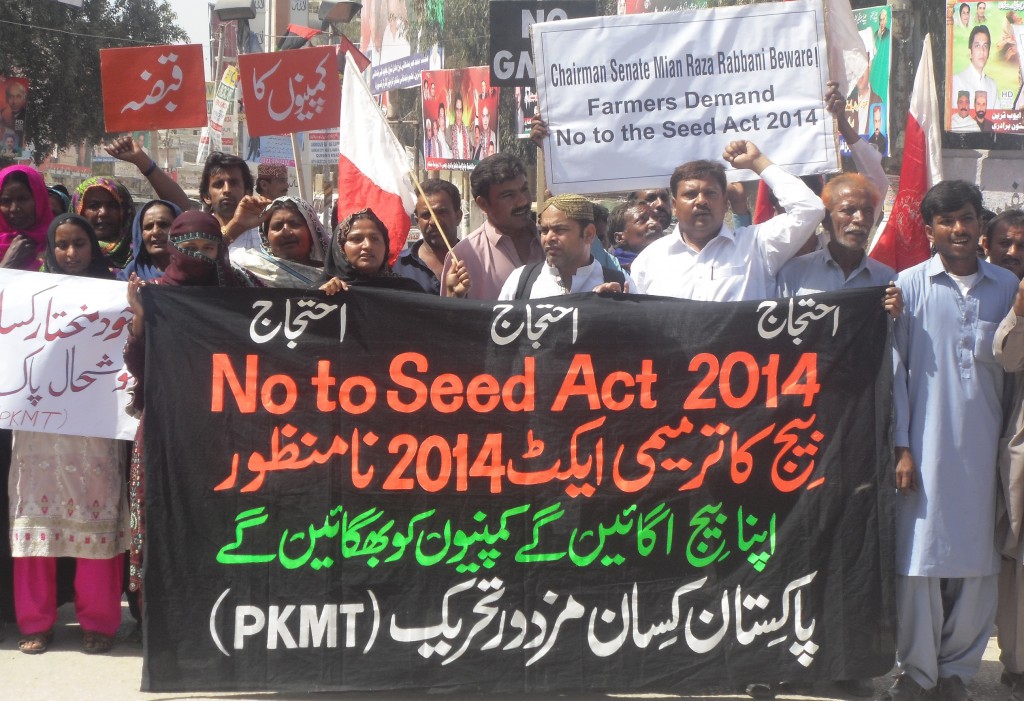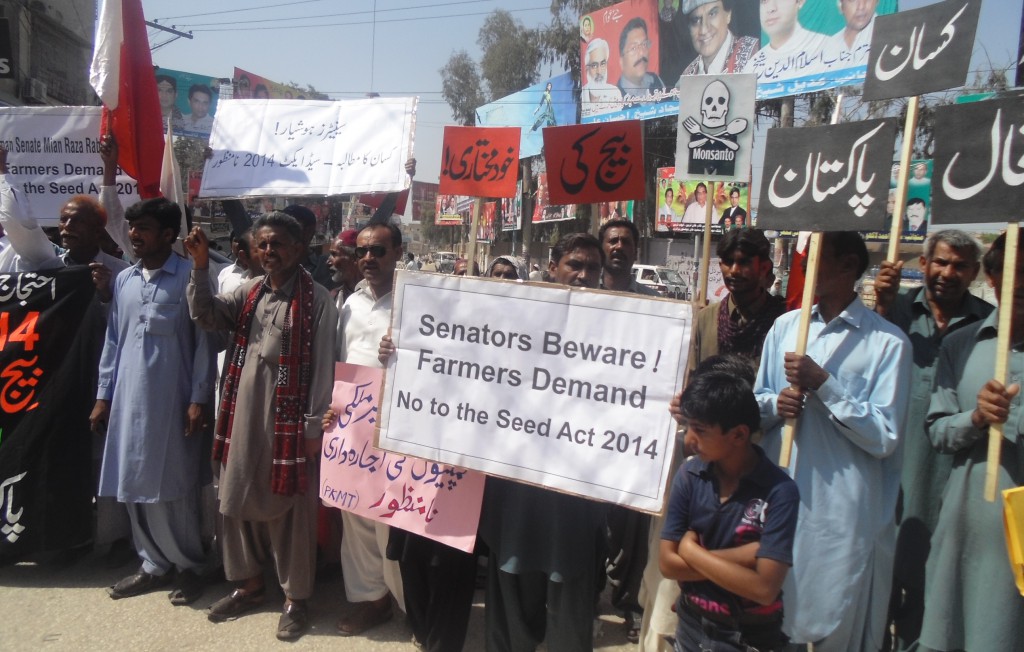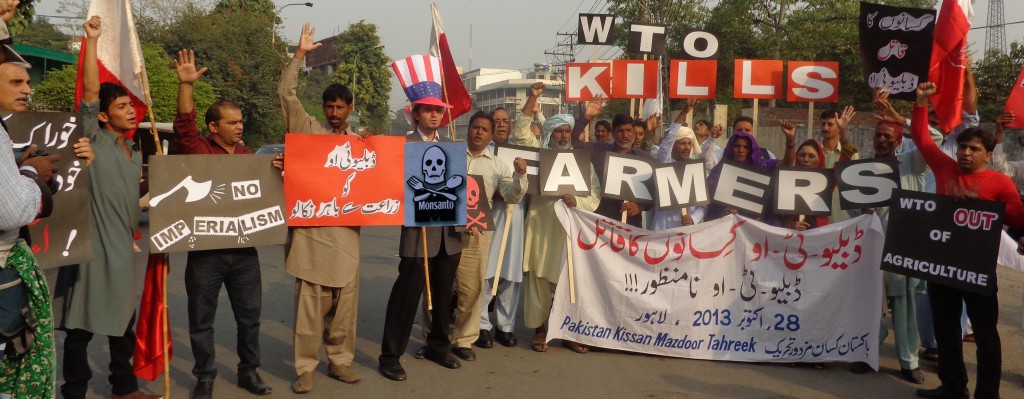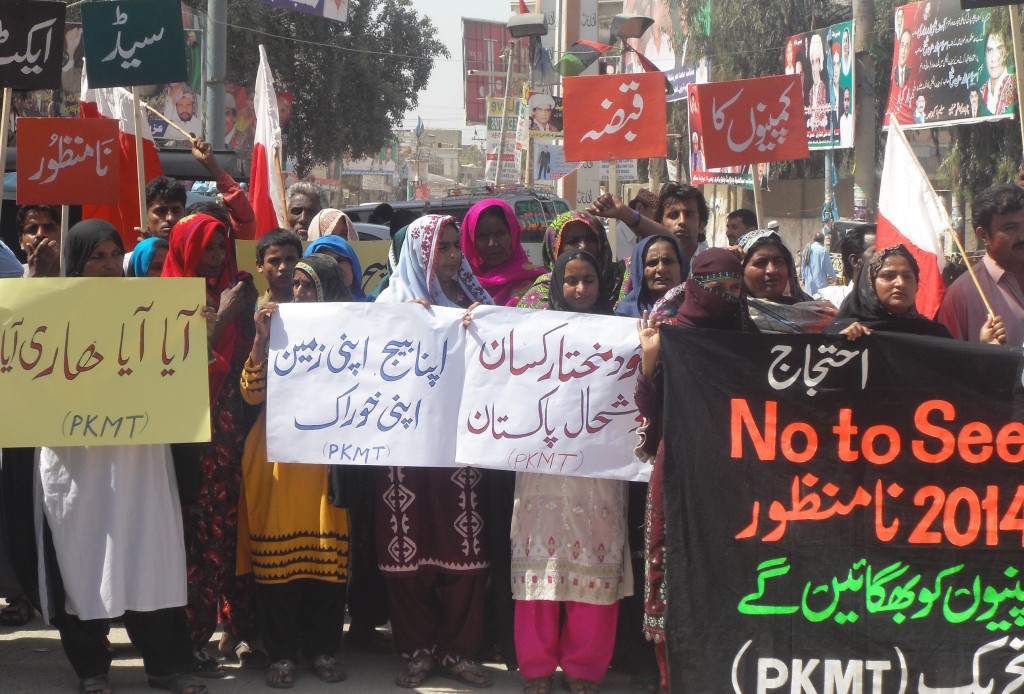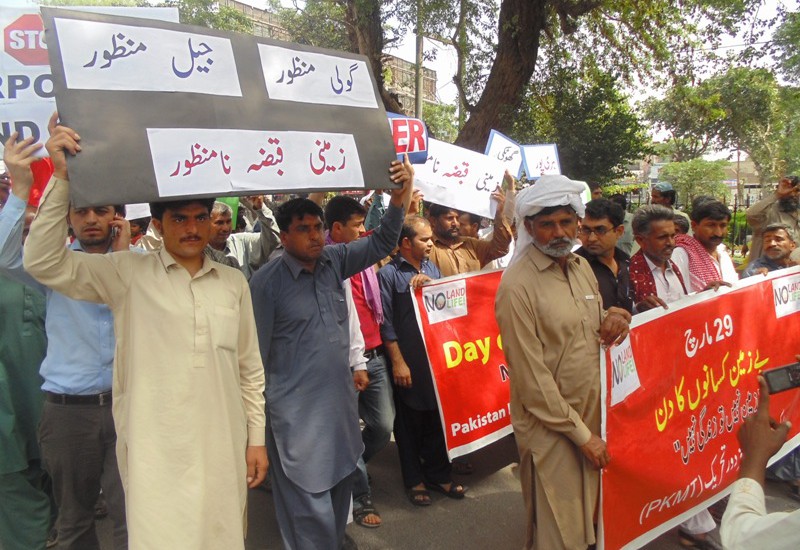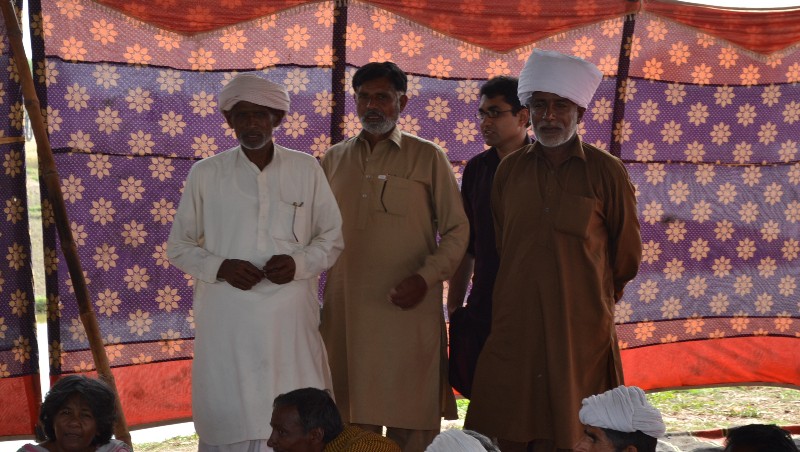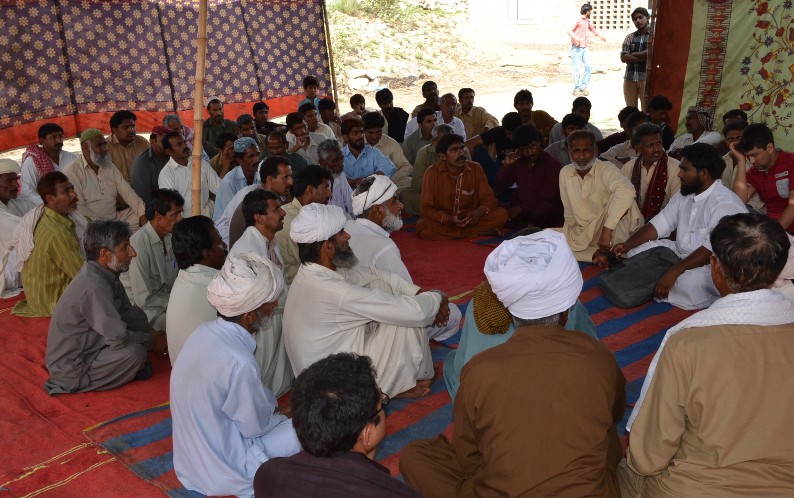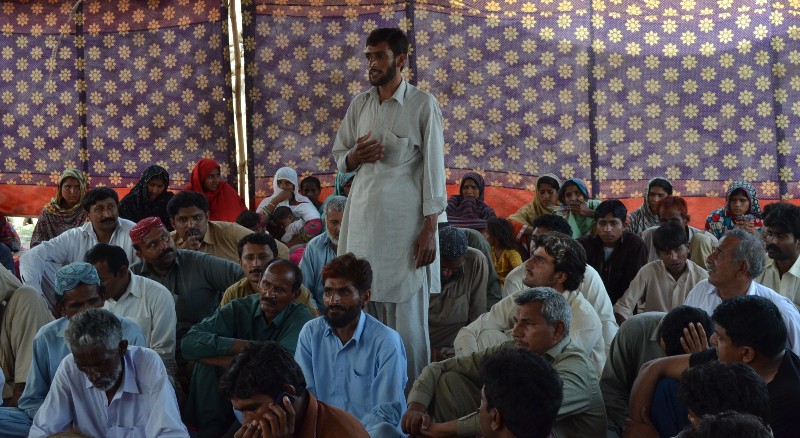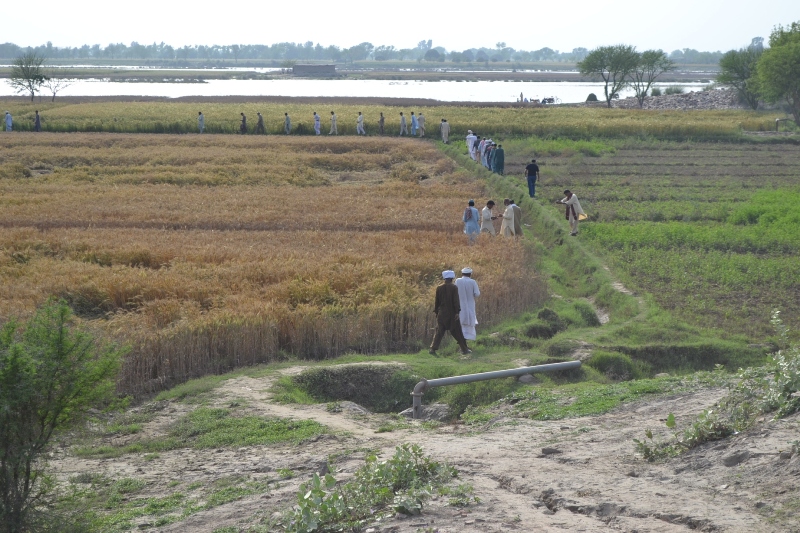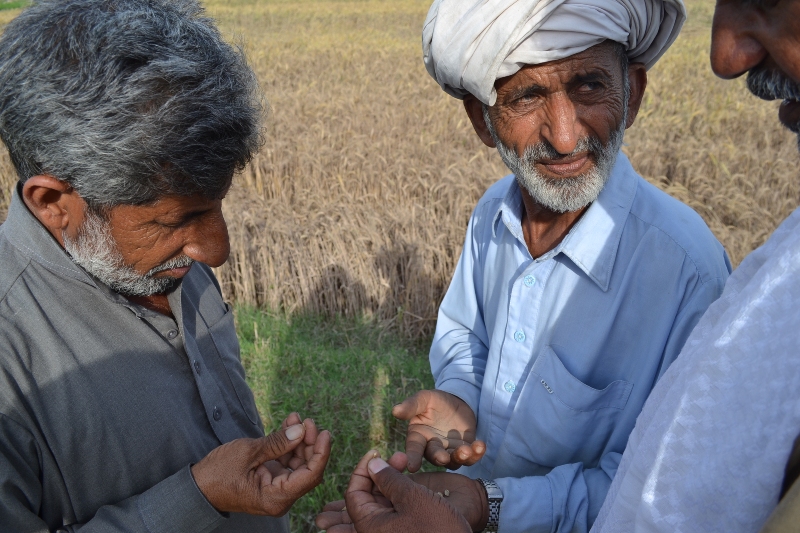EDITORIAL
AN amendment to the Seed Act of 1976, working its way through the legislative process, could have far-reaching consequences for Pakistan’s agriculture.
The amendment will essentially open the door to genetically modified seeds, particularly in cotton which is the country’s largest crop.
It does this by providing legal cover for intellectual property rights in seeds. It is important that the legislation be enacted because Pakistan’s per acre yield in cotton has been stagnant for many years now, while India and other countries that have embraced BT cotton, have doubled their yields over a decade.
Pakistan’s cotton crop still enjoys higher yields per acre than India, but lags far behind countries like Egypt and Mexico. Stagnant yields in food and cotton will strain the country’s food self-sufficiency as well as industrial growth.
Further improvements in yields can only come from opening the door to genetically modified varieties, which is a technological innovation akin to the green revolution.
But prospects for the passage of the amendment have been dimmed by a loud chorus of protests. Successive governments have struggled with this amendment, which has been in the works since 2007, and was last brought before the National Assembly in 2010.
Of the arguments that the protesting farmer associations are advancing, there is one that is very potent and should receive high-level consideration. That argument points towards the disruptive impact that the new legislation, particularly its stress on intellectual property rights, will have on the farmers’ right to conserve, sell and exchange seeds amongst themselves.
Many of our small farmers rely on informal exchanges of seeds at sowing time, and opening the door to large private-sector seed companies must not be allowed to shut down these local markets or inhibit their operation.
Pakistan needs to avail itself of the benefits of new seed technologies to keep pace with domestic growing requirements as well as the output of its main competitors.
But it is also important that the new markets that need to be created to make use of these benefits do not shut down existing ones on which the small farmers have become very dependent.
Any disruptive impact that the amendment to the Seed Act can have on livelihoods of small farmers needs to be debated in the Senate as well, and institutional reforms should accompany the new legislation to ensure customary practices are not harmed in the course of ushering in the new technology.
Published in Dawn, April 7th, 2015


